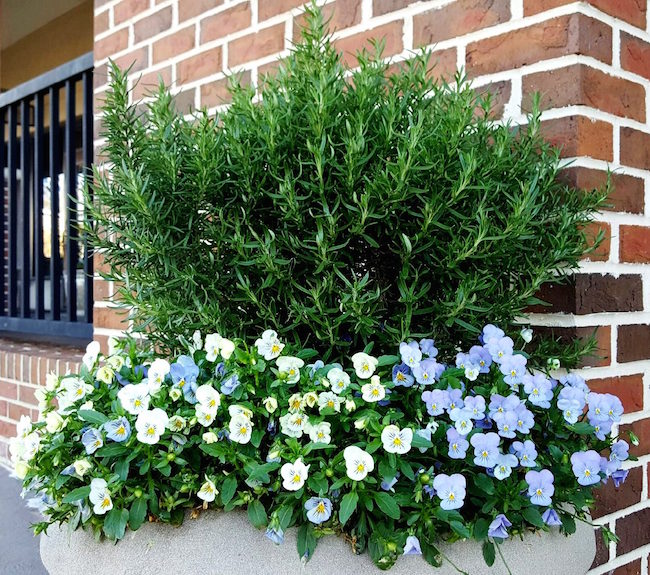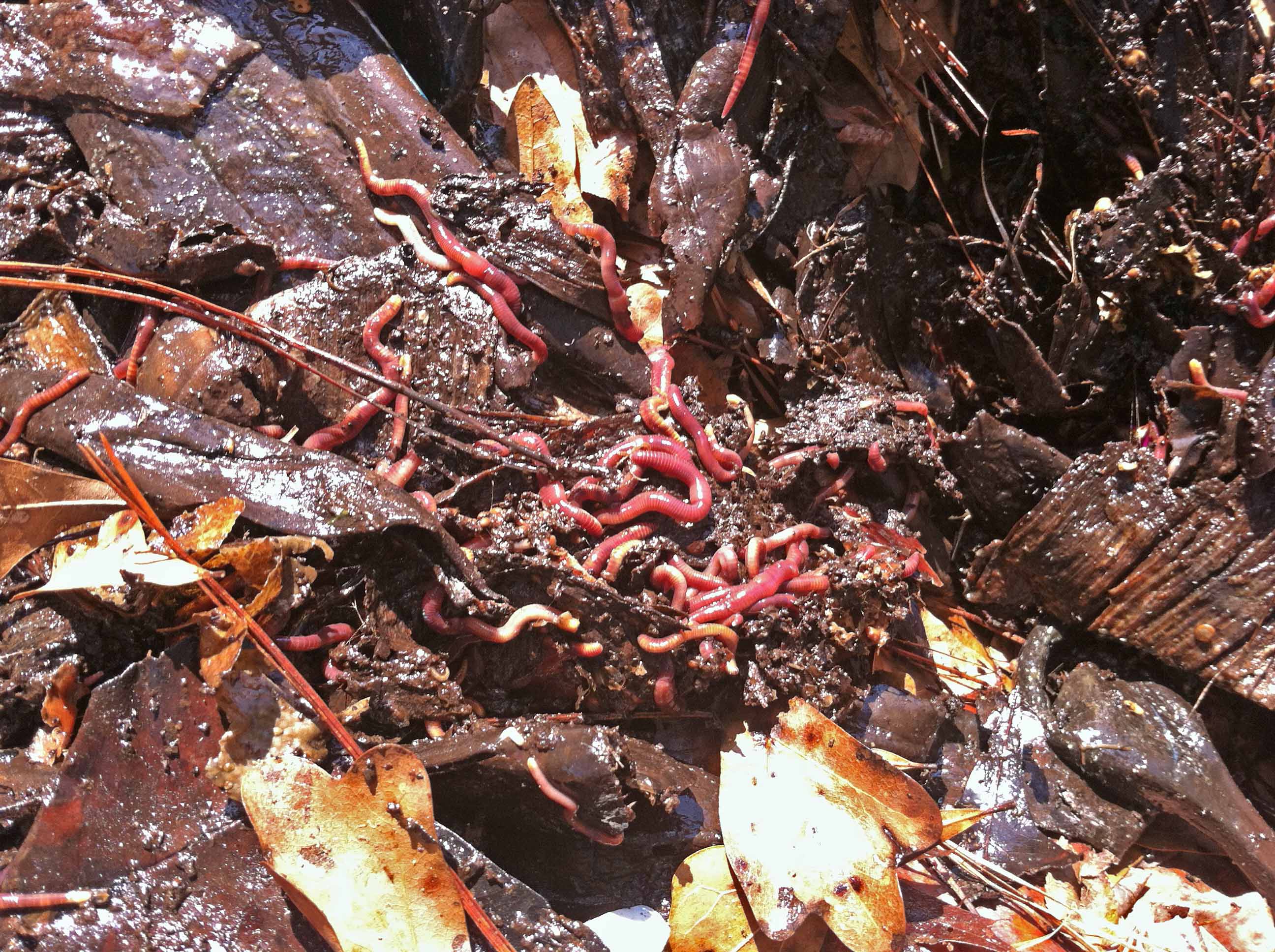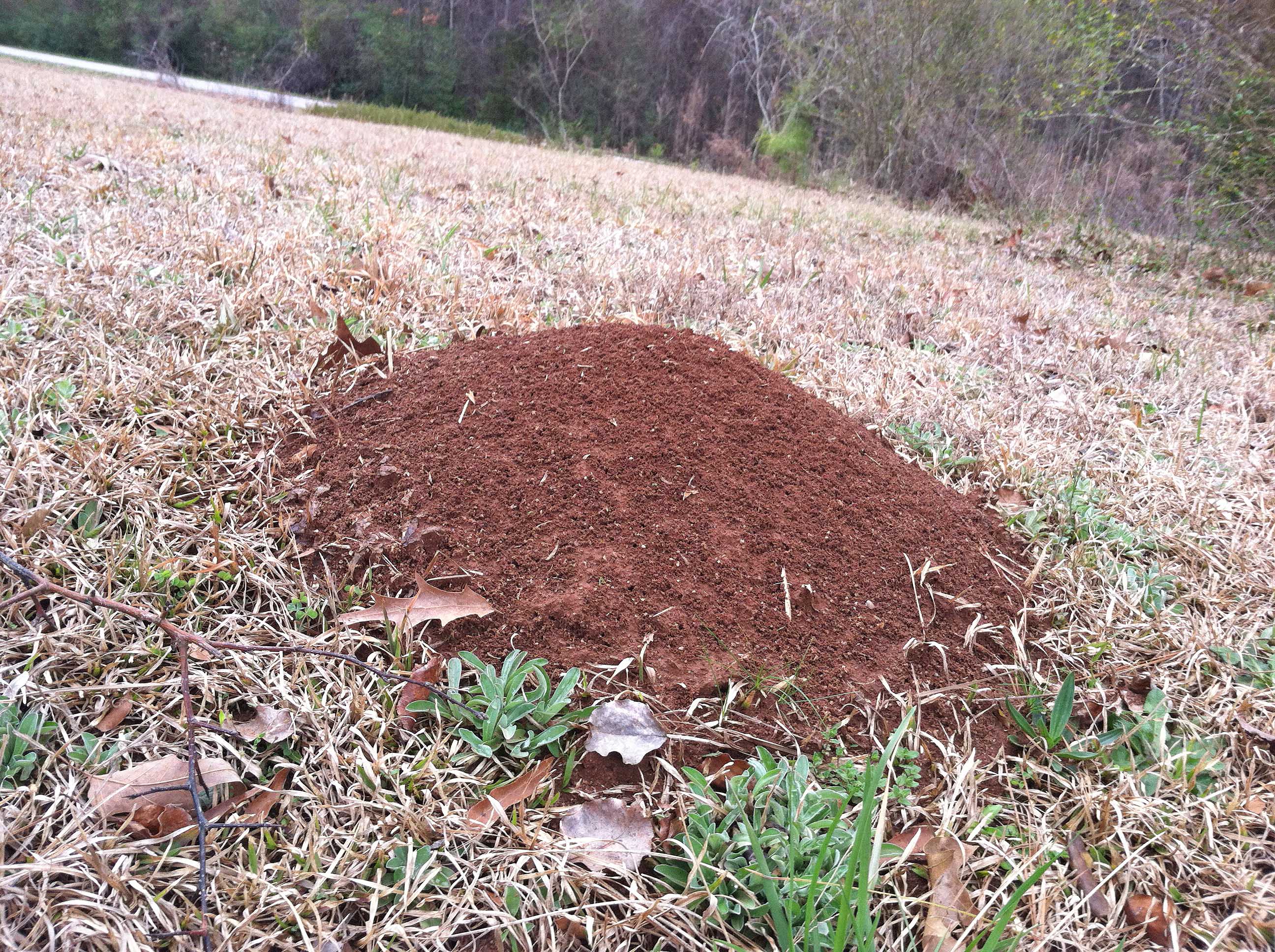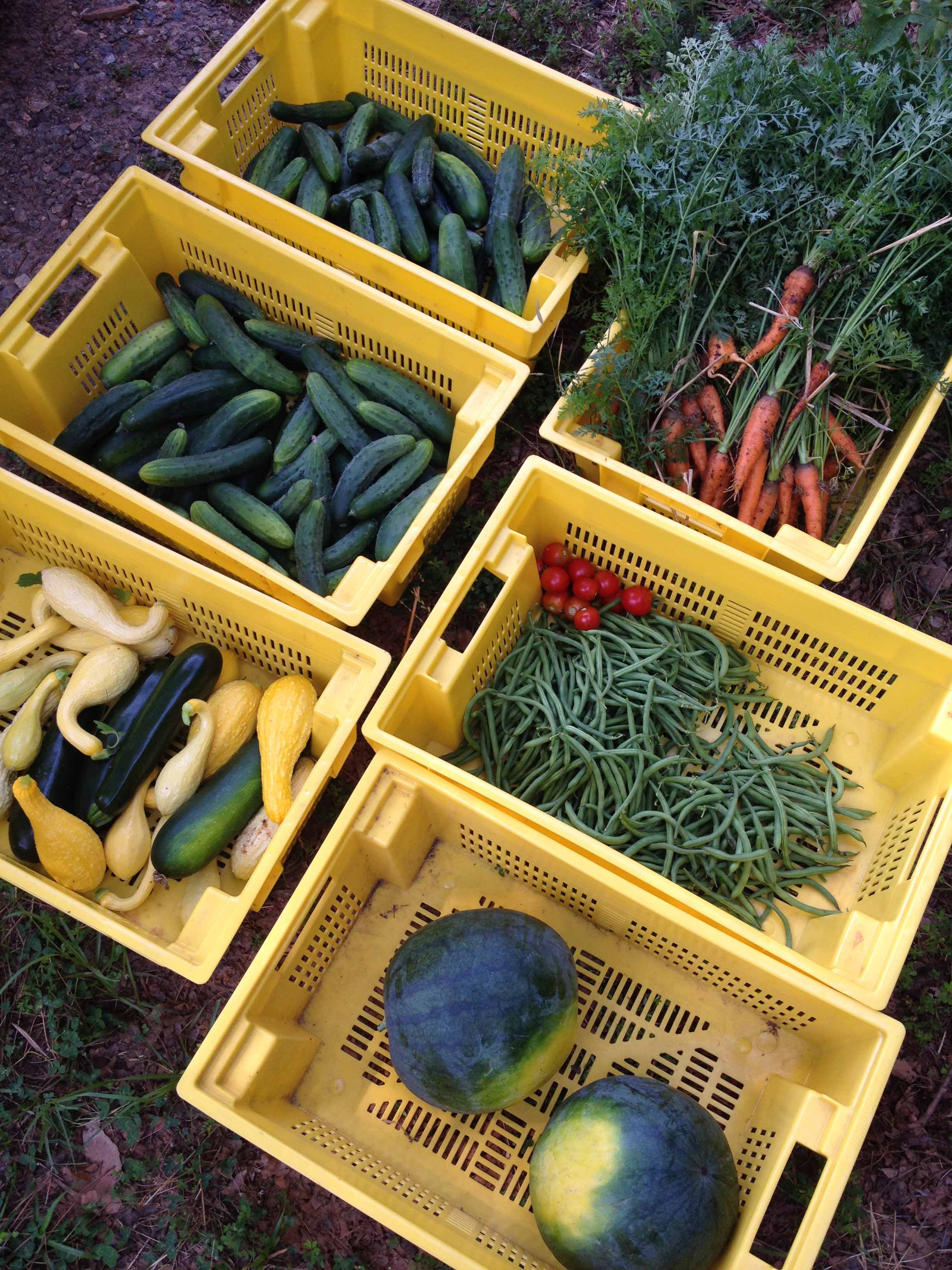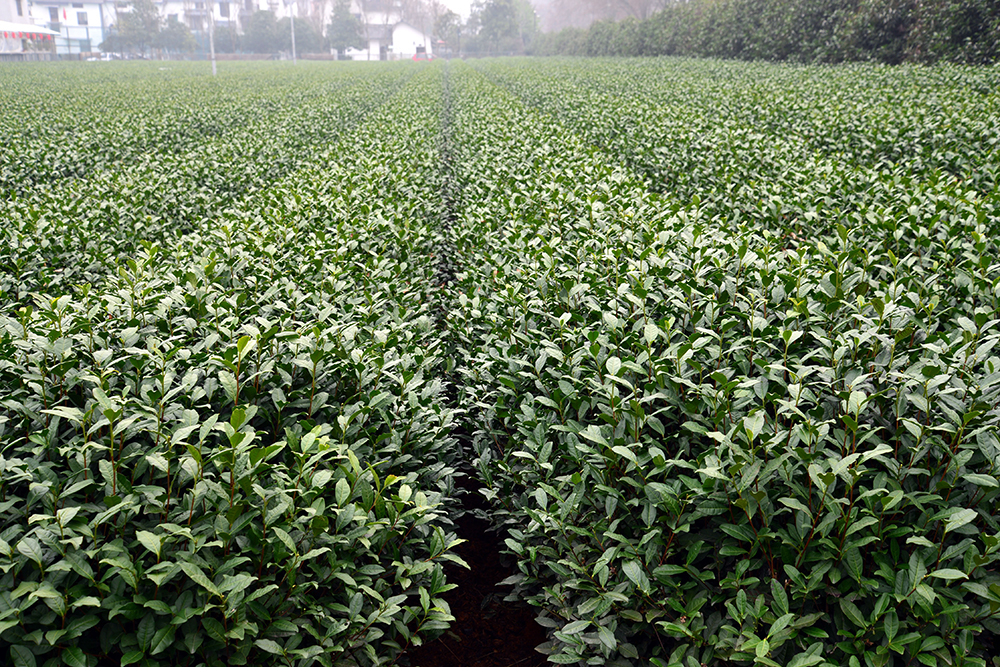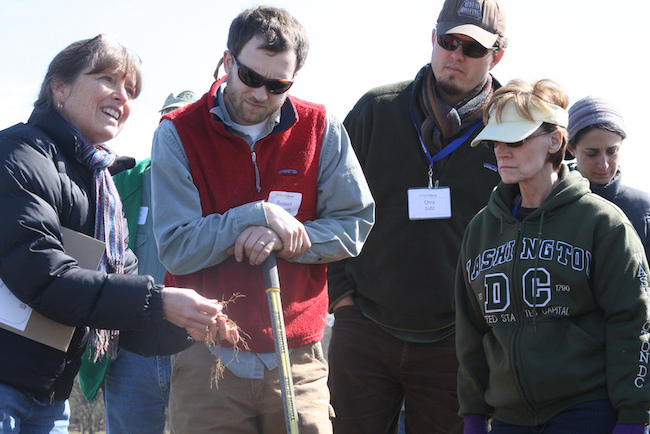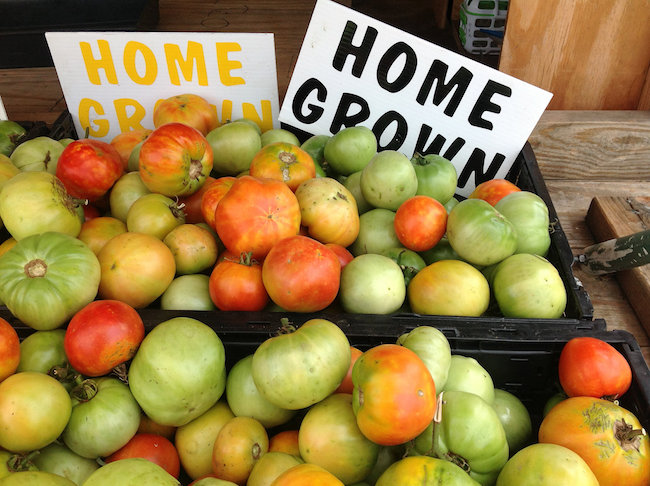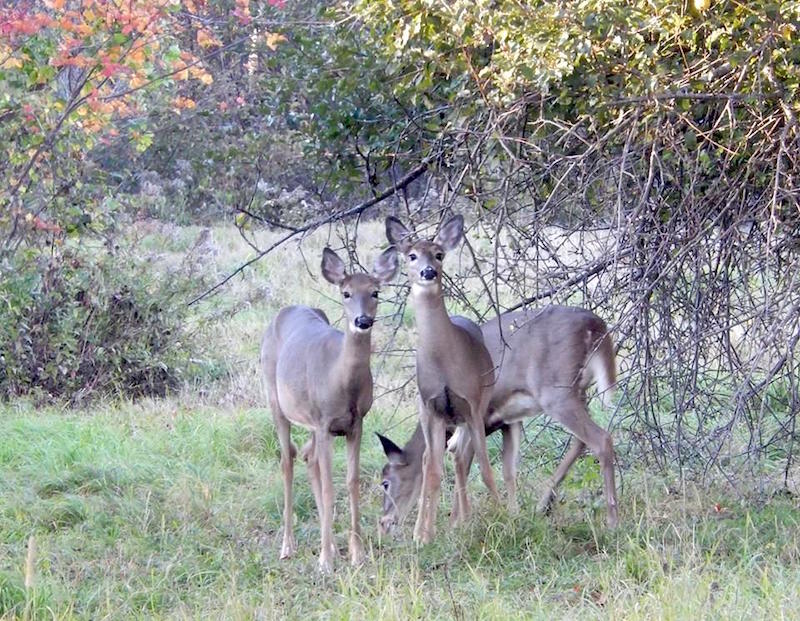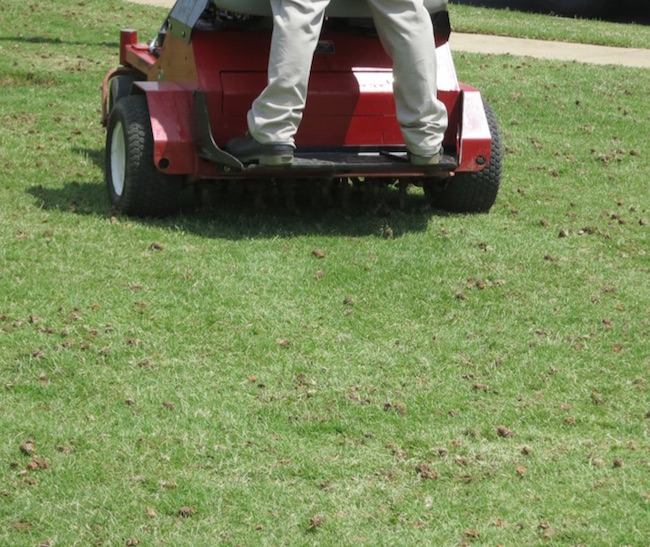 CAES News
CAES News
Room to Grow
Last year many lawns across the state didn’t receive enough rainfall for the grass to grow, photosynthesize and make carbohydrate reserves. Turfgrass that experienced this lack of rainfall will likely be slow to green up this spring. If rainfall totals return to normal this spring, lawns will recover, but they may do so at a slower rate because the production of reserves was compromised last fall. For example, a lawn that would typically be fully green and growing in mid-May might take until late May or June to green up. A two- to four-week delay in green-up of warm-season grasses may be common this spring.

